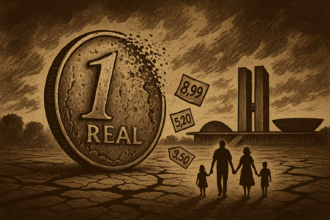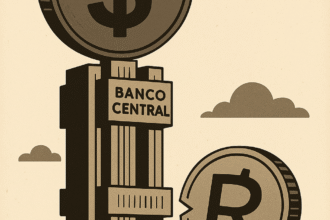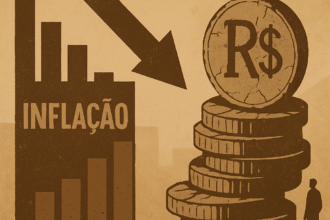The recent decision by the United States to apply import tariffs on Brazilian steel and aluminum sparked a wave of interpretations in the markets — and XP's chief economist, Caio Megale, brought a strategic reading: This measure could accelerate the end of the high interest rate cycle in Brazil.
According to Megale, American tariffs have a direct impact on Brazilian exports and, consequently, on the industrial sector and the prices of inputs. This reduces inflationary pressure, opening space for the Central Bank to bring forward the relief in the Selic rate.
The Key Factors of Megale Analysis:
- Chain reaction in exports: with higher tariffs, sales to the US may fall, generating excess supply and lower price pressure.
- More stable dollar: despite trade tensions, the real maintained a certain resilience, which reinforces the scenario of controlled inflation.
- Inflation expectations under control: Megale mentions that inflation cores are anchored, giving room for additional cuts in the Selic rate.
XP's Position:
XP already predicted gradual cuts in the Selic rate, but now sees a chance to anticipation or even an acceleration in the pace of cuts. The new forecast indicates Selic below 9% still in 2025, if the external scenario does not deteriorate.
Why Does It Matter?
In an environment of low growth and expensive credit, the anticipation of monetary relief may stimulate the economy, especially sectors sensitive to the cost of capital such as retail, construction and technology.
Sources:
- XP Investments – Economic Note (Caio Megale)
- Bloomberg Line: “XP’s Megale says tariff could bring forward end of BC tightening”
- Broadcast, Economic Value, Estadão





